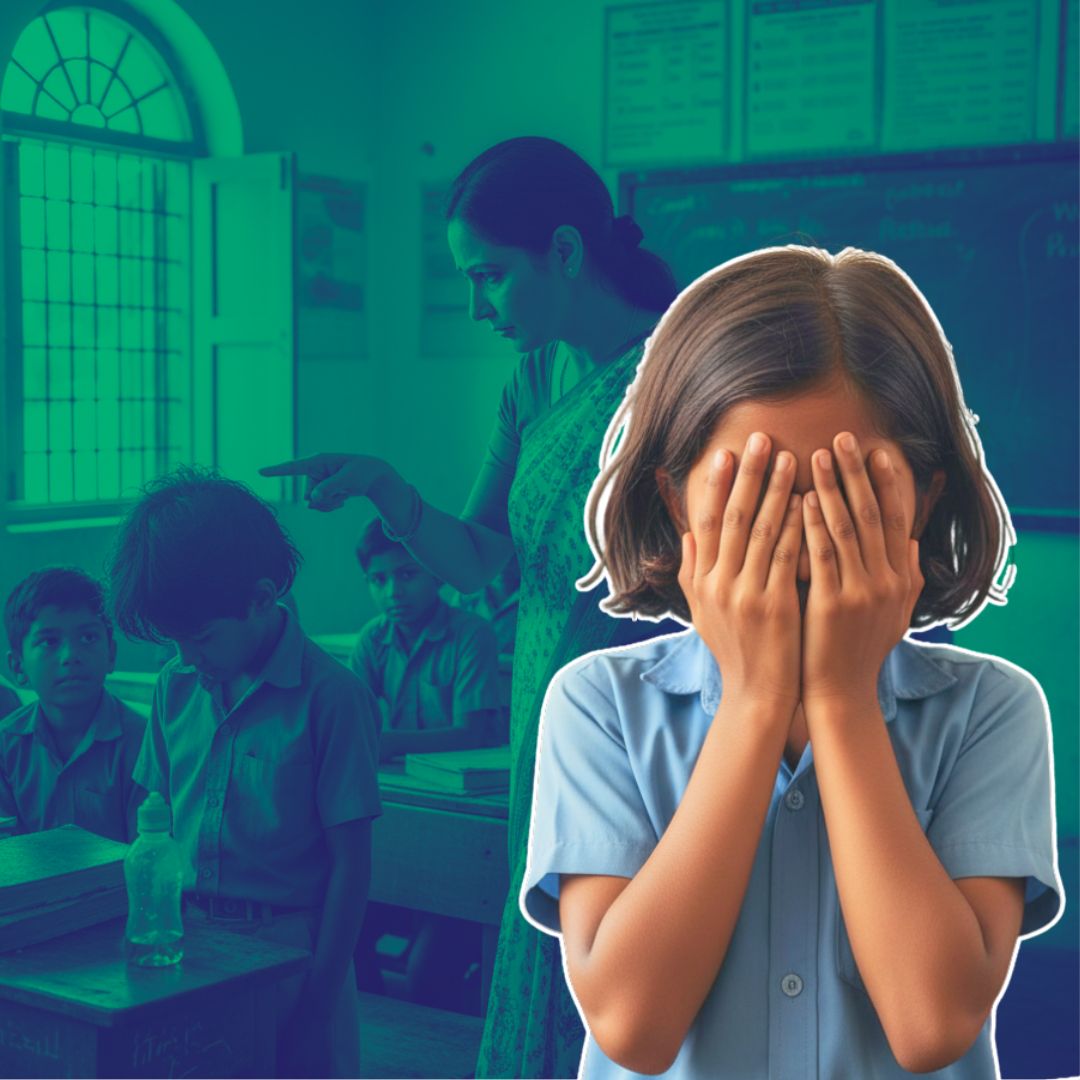On a Tuesday morning in September 2025, a sports teacher at Swaminarayan Gurukul School in Jamnagar, Gujarat, cut a girl student’s hair with a blade as punishment for not applying oil. The shocking incident quickly triggered a formal complaint by the child’s parents to the District Education Officer (DEO), which led to the immediate dismissal of the teacher.
Speaking about the matter, Shashiben Das, Director of Education at the school, affirmed that the teacher was dismissed following the breach of conduct. District Education Officer Vipul Mehta confirmed the action and additional inquiries into another similar case in Navanagar Government High School, stating that such punishments will not be tolerated and strict measures will be implemented to prevent recurrence.
The student’s mother, Anjaliben Gandha, voiced strong criticism against the culture of harsh punishments in schools that incite fear among students, citing routine practices like punishing children with hundreds of sit-ups for trivial mistakes.
The Broader Picture: Punishments in Schools
This incident highlights a disturbing trend in some schools where corporal or humiliating punishments continue despite legal prohibitions. The Jamnagar cases are reminiscent of previous incidents in Gujarat, such as the 2025 case in Kheda district where a teacher cut a student’s hair for not conforming to braid rules, sparking community protests. Parents and child rights advocates argue that such fear-based disciplinary methods damage children’s mental health, create hostility towards education, and undermine trust in teachers.
The Education Department has responded by issuing show-cause notices to the involved teachers and launching inquiries while emphasising the importance of child safety and respect. Awareness drives and teacher training programmes are being planned to promote non-violent and empathetic classroom management.
Voices from the Community and Authorities
Parents insisted their children attend school to learn in a safe and supportive environment, not to live in dread of punishments. Gandha’s account exposes the emotional toll on children, who often dread the very idea of going to school. School authorities, while acknowledging the need for discipline, clarified that discipline must be guided by fairness and respect for children’s dignity.
Vipul Mehta pointed out that incidents like these are aberrations and the department is committed to ensuring no such episodes recur. They have promised regular monitoring and strict enforcement of policies against corporal punishment.
The school director highlighted that hair length is typically managed with prior parental consent or warnings; cutting hair physically is a drastic breach of protocol that warranted the decisive dismissal.
The Logical Indian’s Perspective
This episode underscores the critical need for schools to cultivate kindness and empathy rather than fear and punishment. True discipline comes not from harsh penalties but through fostering understanding, dialogue, and care. Educational spaces must nurture the confidence and well-being of children to enable holistic growth and lifelong learning.
Punitive and humiliating measures destroy self-esteem and can leave lasting psychological scars. The Logical Indian believes non-violent approaches and sensitive teacher training are essential to creating classrooms where every child feels safe and encouraged.













